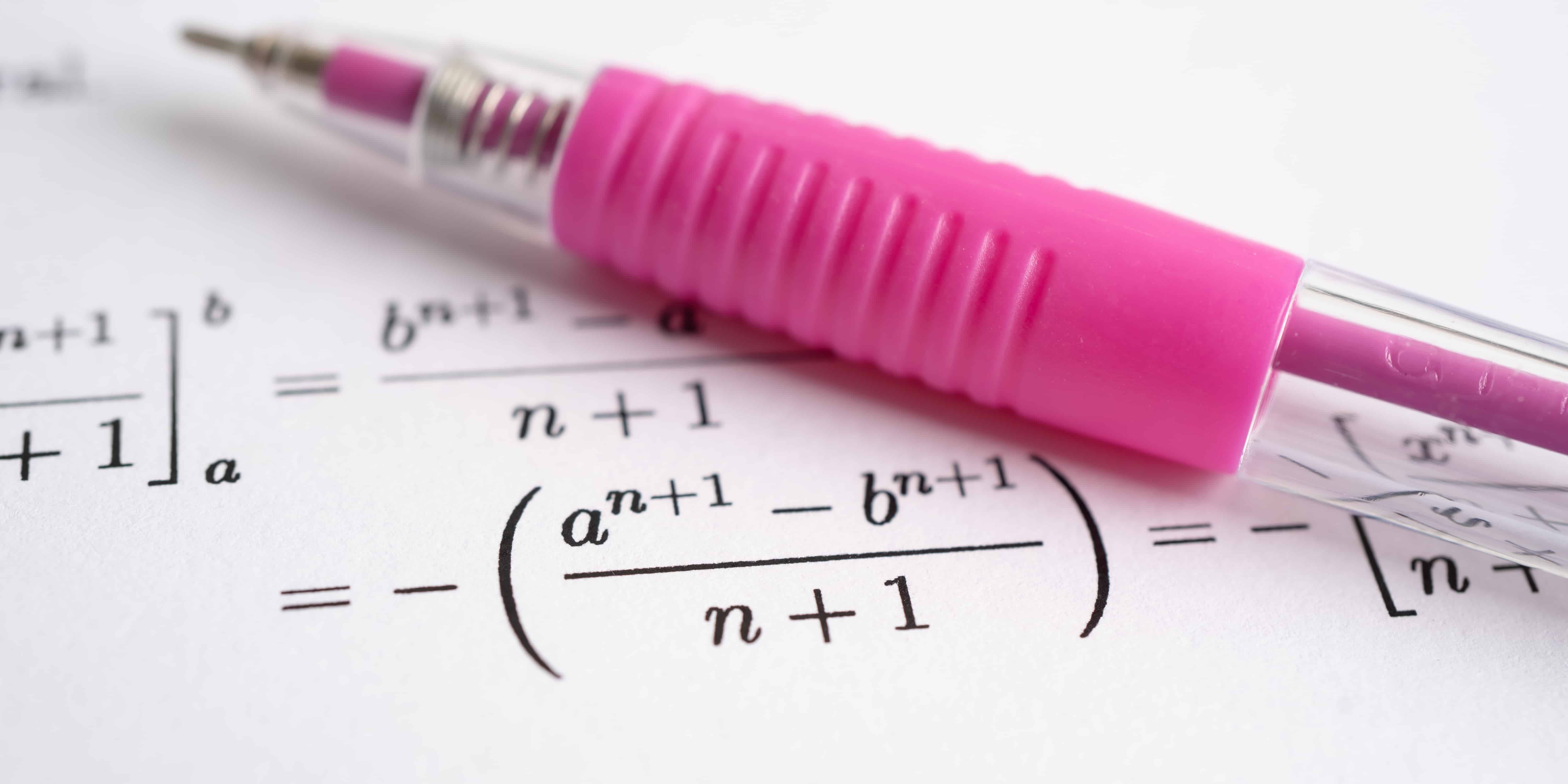The O-Level Mathematics syllabus is designed to provide students with a strong foundation in mathematical concepts and skills. Understanding the structure and requirements of the syllabus is essential for effective exam preparation. This article breaks down the O-Level Mathematics curriculum and offers strategies to excel in this subject.
Syllabus Overview
The O-Level Mathematics syllabus covers four main content areas:
1. Number and Algebra
This area forms the foundation of the mathematics syllabus and includes:
- Numbers and their operations
- Ratio, proportion, and rate
- Percentage
- Speed
- Algebraic expressions and formulae
- Functions and graphs
- Equations and inequalities
- Set language and notation
- Matrices
2. Geometry and Measurement
This area focuses on spatial relationships and includes:
- Angles, triangles, and polygons
- Congruence and similarity
- Properties of circles
- Pythagoras' theorem and trigonometry
- Coordinate geometry
- Vectors in two dimensions
- Mensuration (area and volume)
3. Statistics and Probability
This area covers data analysis and chance, including:
- Data representation and interpretation
- Mean, median, mode, and range
- Probability of single events
- Probability of combined events
4. Additional Mathematics (for students taking this subject)
For students taking Additional Mathematics, the syllabus extends to include:
- Quadratic functions and equations
- Indices and surds
- Exponential and logarithmic functions
- Trigonometric functions, identities, and equations
- Coordinate geometry in two dimensions
- Differentiation and integration
Exam Format
The O-Level Mathematics examination typically consists of two papers:
- Paper 1: Short-answer questions covering the entire syllabus
- Paper 2: Longer structured questions requiring detailed working and explanations
For Additional Mathematics, a similar two-paper format is used, with more complex problems and applications.
Strategies for Success
1. Master the Fundamentals
Strong foundations are crucial for mathematics success:
- Ensure complete understanding of basic concepts before moving to advanced topics
- Practice fundamental operations until they become second nature
- Create a glossary of mathematical terms and formulas for quick reference
2. Develop Problem-Solving Skills
Mathematics is about applying concepts to solve problems:
- Learn to identify the type of problem and relevant concepts needed
- Practice breaking down complex problems into manageable steps
- Develop a systematic approach to problem-solving
- Work through a variety of question types to build versatility
3. Practice Regularly
Consistent practice is essential for mathematics proficiency:
- Complete daily practice exercises, gradually increasing difficulty
- Work through past examination papers under timed conditions
- Focus extra practice on challenging topics
- Review mistakes and ensure understanding of correct solutions
4. Develop Effective Study Techniques
Optimize your learning approach:
- Create mind maps to visualize connections between different topics
- Use color-coding to highlight different types of problems or solution methods
- Teach concepts to others to reinforce understanding
- Form study groups to discuss challenging problems
5. Exam Techniques
Specific strategies for the examination:
- Read questions carefully to identify exactly what is being asked
- Show all working clearly to earn method marks even if the final answer is incorrect
- Check units and significant figures in your answers
- Manage time effectively, allocating minutes based on mark allocation
- Check answers for reasonableness (e.g., negative lengths don't make sense)
Common Challenges and How to Overcome Them
Word Problems
Many students struggle with translating word problems into mathematical equations:
- Practice identifying keywords that indicate mathematical operations
- Draw diagrams or models to visualize the problem
- Break down complex problems into smaller, manageable parts
Algebra
Algebraic manipulation often causes difficulty:
- Master the rules of algebraic operations
- Practice simplifying expressions step by step
- Check work by substituting values into original and final expressions
Geometry Proofs
Geometric reasoning requires a different thinking approach:
- Memorize key theorems and properties
- Practice identifying which theorems apply to specific problems
- Draw clear, labeled diagrams
Conclusion
Success in O-Level Mathematics requires a combination of conceptual understanding, problem-solving skills, and consistent practice. By breaking down the syllabus into manageable sections and applying effective study strategies, students can build confidence and achieve excellent results in this fundamental subject.
At BigSteps Tuition, our experienced mathematics teachers provide targeted support for O-Level Mathematics and Additional Mathematics. Our structured approach helps students build strong foundations while developing the problem-solving skills needed for exam success. Contact us to learn how we can help your child excel in mathematics.
